

Articles
How Long Do Weber Grills Last
Modified: January 18, 2024
Discover how articles about Weber grills reveal the secrets to their long-lasting performance. Find out how long Weber grills typically last and make an informed decision for your next purchase.
(Many of the links in this article redirect to a specific reviewed product. Your purchase of these products through affiliate links helps to generate commission for Storables.com, at no extra cost. Learn more)
Introduction
Weber grills have become synonymous with outdoor cooking and backyard barbecues. Renowned for their quality, durability, and exceptional performance, Weber grills are a popular choice for grilling enthusiasts and homeowners alike. But how long can you expect a Weber grill to last? In this article, we will explore the factors that affect the lifespan of Weber grills and provide maintenance tips to help you extend their longevity.
When investing in a grill, it’s important to consider its durability and how long it will withstand the test of time. Weber grills are known for their exceptional craftsmanship, attention to detail, and use of high-quality materials. These factors play a crucial role in determining the lifespan of the grill.
Before we delve into the various factors that influence the lifespan of Weber grills, let’s take a closer look at the materials used in their construction. Weber utilizes premium materials to ensure durability, heat retention, and resistance to corrosion.
One of the primary materials used in Weber grills is stainless steel. This robust material is known for its strength and resistance to rust and corrosion. The stainless steel components in Weber grills, such as the burners, cooking grates, and lid, contribute significantly to their longevity.
In addition to stainless steel, Weber also incorporates cast iron into certain components of their grills. Cast iron provides excellent heat retention and distribution, ensuring even cooking results. However, it is crucial to properly care for and season the cast iron parts to prevent rust and maintain their longevity.
Now that we have discussed the materials used in Weber grills, let’s explore the factors that affect the lifespan of these grills. Factors such as maintenance, usage intensity, and environmental conditions can all impact how long your Weber grill will last.
Proper maintenance and care are essential for the longevity of any grill, including Weber grills. Regular cleaning, seasoning, and inspection of the grill components can help prevent wear and tear, rust, and other potential issues. We will discuss maintenance and care tips in more detail later in this article.
The frequency and intensity of usage also play a role in determining the lifespan of a Weber grill. While Weber grills are designed to handle regular use, excessive heat exposure and constant wear can take a toll on their components over time. The good news is that with proper care, even heavily used Weber grills can last for many years.
Finally, the environmental conditions in which the grill is kept can impact its lifespan. Exposure to extreme temperatures, harsh weather elements, and humidity can accelerate the aging process of the grill. If possible, it is advisable to protect your Weber grill with a cover or store it in a sheltered area when not in use.
In the following sections, we will provide maintenance and care tips to help you extend the lifespan of your Weber grill. By implementing these guidelines, you can ensure that your Weber grill remains in optimal condition and continues to deliver mouthwatering grilled delicacies for years to come.
Key Takeaways:
- Proper maintenance, including regular cleaning, seasoning of cast iron grates, and protection from the elements, can significantly extend the lifespan of Weber grills, ensuring years of delicious grilled meals and outdoor cooking enjoyment.
- Choosing high-quality accessories, using genuine replacement parts, and following responsible usage practices can further enhance the longevity of Weber grills, allowing for countless memorable moments with family and friends around the grill.
Read more: How Long Do Grills Last
Factors Affecting the Lifespan of Weber Grills
Several factors can influence the lifespan of Weber grills. Understanding these factors will help you make informed decisions about maintenance and care, ultimately prolonging the life of your grill.
1. Quality of Construction: Weber grills are known for their exceptional build quality. The attention to detail in engineering and construction is crucial in ensuring durability. The quality of materials used and the precision in assembly contribute to the overall lifespan of the grill.
2. Maintenance: Regular maintenance is vital to extending the life of your Weber grill. Simple tasks like cleaning the grates, removing grease buildup, and inspecting the burners and valves can prevent corrosion and damage. Ongoing care, such as oiling the grates and seasoning cast iron parts, keep them in top shape.
3. Frequency and Intensity of Use: The more often and intensely you use your Weber grill, the faster it may wear out. Excessive heat exposure, prolonged use at high temperatures, and intense grilling sessions can put strain on the burners, cooking grates, and other components. It’s important to balance usage and give the grill time to cool down between grilling sessions.
4. Environmental Conditions: Outdoor grills are often subjected to harsh weather conditions, such as extreme heat, rain, and snow. These environmental factors can impact the lifespan of your Weber grill. Consider using a cover to protect your grill from the elements when it’s not in use or store it in a sheltered area.
5. Proper Assembly and Installation: When setting up your Weber grill, it’s essential to follow the manufacturer’s instructions carefully. Proper assembly and installation ensure that all components are securely connected and aligned, reducing the risk of premature wear and performance issues.
6. Quality of Replacement Parts: Over time, some parts of your Weber grill may need to be replaced. Choosing genuine Weber replacement parts ensures compatibility and maintains the quality and performance of your grill. Using low-quality or generic parts can have a negative impact on the lifespan of the grill.
By taking these factors into account and implementing proper maintenance practices, you can significantly extend the lifespan of your Weber grill. Regular cleaning, inspection, and timely replacement of worn-out parts will keep your grill in optimal condition and operating at its best.
In the next section, we will delve into the materials used in Weber grills and how they contribute to the durability and longevity of the grill.
Materials Used in Weber Grills
One of the key factors contributing to the durability and longevity of Weber grills is the use of high-quality materials. Weber utilizes premium materials in their construction, ensuring that their grills can withstand the test of time and deliver exceptional performance.
1. Stainless Steel: Stainless steel is a primary material used in the construction of Weber grills. It is known for its durability, resistance to rust and corrosion, and overall strength. Weber incorporates stainless steel in various components, including the burners, cooking grates, lid, and body of the grill. These stainless steel parts not only provide longevity to the grill but also contribute to even heat distribution and excellent grilling results.
2. Cast Iron: Cast iron is another material commonly used in Weber grills. It is known for its excellent heat retention and distribution properties. Weber often utilizes cast iron for cooking grates, providing consistent heat across the surface and creating beautiful sear marks on your food. Proper care and seasoning of cast iron grates are essential to prevent rust and maintain their longevity.
3. Porcelain-Enamel Coating: Weber grills also feature a porcelain-enamel coating on various parts, such as the cooking grates, lid, and body. This coating enhances durability, protects against rust and corrosion, and improves heat retention. The porcelain-enamel coating not only adds a sleek and stylish look to the grill but also contributes to its overall longevity.
4. Aluminum: Some Weber grills incorporate aluminum into their construction, particularly for specific components like the side tables or shelves. Aluminum is lightweight, corrosion-resistant, and durable, making it an ideal material for these parts. Aluminum ensures that the side tables remain sturdy while providing a convenient workspace during grilling sessions.
These high-quality materials used in Weber grills are selected for their durability, resilience, and ability to withstand the challenges of outdoor cooking. Each material plays a vital role in ensuring the longevity of the grill and maintaining its performance over time.
It’s worth noting that while Weber grills are built to last, proper care and maintenance are still crucial to prolonging their lifespan. Regular cleaning, seasoning of cast iron grates, and protecting the grill from harsh weather conditions will help preserve its materials and keep it in optimal condition.
In the next section, we will provide maintenance and care tips for Weber grills, ensuring that you can make the most of your investment and enjoy delicious grilled meals for years to come.
Maintenance and Care Tips for Weber Grills
Maintaining your Weber grill is essential to ensure its longevity and optimal performance. By following these maintenance and care tips, you can keep your grill in top shape and enjoy delicious grilled meals for years to come.
1. Regular Cleaning: Cleaning your Weber grill after each use is crucial to prevent grease buildup, food residue, and potential corrosion. Use a grill brush or scraper to remove any debris from the cooking grates. For stainless steel surfaces, use warm soapy water and a non-abrasive sponge to clean them thoroughly. Avoid using harsh chemicals or abrasive materials that can damage the grill’s finish.
2. Seasoning Cast Iron Grates: If your Weber grill features cast iron grates, proper seasoning is essential to prevent rust and maintain their longevity. Before each use, apply a thin layer of vegetable oil to the grates with a brush or cloth. This will help create a non-stick surface and protect the cast iron from moisture.
3. Inspect and Clean Burners: Regularly inspect the burners for any clogs, blockages, or signs of wear. Use a brush or wire to clean out any debris or spider webs that may have accumulated. Removing blockages ensures proper gas flow and prevents potential performance issues.
4. Check Valves and Gas Lines: Periodically inspect the valves and gas lines of your Weber grill to ensure there are no leaks or damage. Apply a solution of soapy water to the connections and observe for any bubbles, which indicate a gas leak. If you suspect a leak, turn off the gas supply and have a professional technician inspect and repair it.
5. Protect From the Elements: While Weber grills are designed to withstand outdoor conditions, protecting your grill from extreme weather elements can prolong its lifespan. When not in use, consider using a grill cover to shield it from rain, snow, and direct sunlight. This will prevent moisture, rust, and fading of the grill’s exterior.
6. Store Properly: If you live in an area with harsh winters or extended periods without grilling, consider storing your Weber grill in a dry and sheltered area. Ensure the grill is clean and dry before storing to prevent moisture buildup and potential rust.
7. Use Genuine Replacement Parts: If any components of your Weber grill need to be replaced, always opt for genuine Weber replacement parts. Using authentic parts ensures compatibility and maintains the quality and performance of your grill.
By incorporating these maintenance and care tips into your grilling routine, you can extend the lifespan of your Weber grill and enjoy consistent and mouthwatering results for years to come.
In the next section, we will discuss the signs of wear and tear in Weber grills, helping you identify when your grill may need attention or replacement.
Weber grills can last anywhere from 10-15 years with proper care and maintenance. Regular cleaning, covering when not in use, and replacing worn parts can help extend the lifespan of your grill.
Signs of Wear and Tear in Weber Grills
While Weber grills are known for their durability, over time, they may show signs of wear and tear. Recognizing these signs is important for addressing any issues promptly and ensuring the continued performance of your grill. Here are some common signs to look out for:
1. Rust and Corrosion: One of the most obvious signs of wear and tear in a Weber grill is the appearance of rust and corrosion. Stainless steel parts may develop rust spots, and cast iron grates may show signs of corrosion if not properly seasoned and maintained. Regular cleaning and seasoning can help prevent rust, but if it has already occurred, you may need to address it by using a rust remover and re-seasoning the affected parts.
2. Uneven Flame or Hot Spots: If you notice that the flame on your Weber grill is uneven or if there are hot spots on the cooking surface, it could indicate a problem with the burner tubes or other components. Uneven heat distribution can result in unevenly cooked food. In such cases, it may be necessary to clean or replace the burners to restore proper heat distribution.
3. Damaged or Worn Cooking Grates: The cooking grates of a Weber grill are subject to heavy use and can eventually become worn or damaged. Excessive heat, high-intensity grilling sessions, and cleaning with abrasive materials can all contribute to wear and tear. If you notice any significant damage to the grates, such as rust holes or deterioration, it is advisable to replace them to ensure food safety and optimal grilling results.
4. Deteriorated Ignition System: The ignition system of your Weber grill can deteriorate over time, leading to difficulty in lighting the grill or inconsistent ignition. If you experience problems with the ignition, such as a weak spark or failure to ignite the burners, it may be necessary to replace the ignition components to restore reliable lighting and operation.
5. Loose or Damaged Parts: Check for any loose or damaged parts, such as handles, knobs, hinges, or fasteners. These components may require tightening or replacement to ensure the structural integrity and safe operation of the grill.
6. Excessive Grease Buildup: Accumulated grease and food debris can not only affect the flavor of your food but also pose a fire hazard. If you notice excessive grease buildup on the interior surfaces of your grill or around the burners, it is essential to clean it thoroughly to prevent flare-ups and potential damage to the grill.
By regularly inspecting your Weber grill for these signs of wear and tear, you can address any issues promptly and take the necessary steps to restore or replace damaged components. Proper maintenance and care will not only extend the lifespan of your grill but also ensure safe and enjoyable grilling experiences.
In the following section, we will discuss the average lifespan of Weber grills and factors that can contribute to their longevity or early replacement.
Read more: How Long Do Gas Grills Last
Average Lifespan of Weber Grills
The average lifespan of Weber grills can vary depending on various factors, including usage, maintenance, and environmental conditions. Generally, Weber grills are built to last and can provide many years of reliable grilling performance when properly cared for. On average, a well-maintained Weber grill can last anywhere from 10 to 15 years, and even longer with regular maintenance and proper usage.
It is important to note that the lifespan of a Weber grill can be influenced by several factors. Intense and frequent use, exposure to harsh weather elements, and lack of maintenance can all contribute to a shorter lifespan. In contrast, lighter use, proper care, and protective measures can help extend the life of the grill.
Maintenance plays a crucial role in prolonging the lifespan of a Weber grill. Regular cleaning, seasoning, and inspection of the grill’s components are essential to prevent rust, corrosion, and other potential issues. By following the manufacturer’s guidelines for maintenance and care, you can ensure that your Weber grill remains in optimal condition for an extended period.
Environmental factors also impact the longevity of Weber grills. Outdoor grills are subjected to varying weather conditions, including extreme heat, rain, snow, and humidity. Protecting the grill from these elements when not in use can help prevent premature degradation. Using a grill cover or storing the grill in a sheltered area can mitigate the effects of weather exposure and extend the grill’s lifespan.
It is worth noting that while the average lifespan of Weber grills is estimated, individual results may vary. Factors such as the specific model, quality of construction, and materials used can influence the longevity of the grill. Additionally, how well the grill is maintained and the intensity of usage can also affect its lifespan.
By understanding these factors and taking proactive steps to maintain and care for your Weber grill, you can maximize its lifespan and continue to enjoy delicious grilled meals for many years. Regular inspection, cleaning, and replacement of worn-out components will help ensure that your Weber grill remains in excellent working condition throughout its lifespan.
In the next section, we will provide tips on how to extend the lifespan of your Weber grill, allowing you to get the most out of your investment.
Extending the Lifespan of Weber Grills
While Weber grills are known for their durability, there are several steps you can take to further extend their lifespan. By implementing these tips, you can ensure that your Weber grill continues to deliver exceptional grilling performance for many years to come:
1. Proper Maintenance: Regular maintenance is key to extending the lifespan of your Weber grill. Develop a cleaning routine after each use, including cleaning the grates, removing grease buildup, and inspecting the burners and valves for any signs of damage or blockage. Regularly clean the exterior surfaces as well using mild soapy water. Remember to dry all components thoroughly before storing to prevent moisture-related issues such as rust and corrosion.
2. Season the Cooking Grates: If your Weber grill has cast iron or porcelain-coated cooking grates, proper seasoning is essential. Seasoning helps prevent rust and ensures a non-stick surface, resulting in better cooking performance and longevity of the grates. Follow the manufacturer’s instructions on how to season the grates using vegetable oil or a specially formulated grill grate seasoning spray.
3. Use High-Quality Accessories: Investing in high-quality accessories specifically designed for Weber grills can enhance their lifespan. Accessories such as covers, grilling utensils, and cleaning brushes made by Weber are designed to work seamlessly with their grills, providing better protection and longevity.
4. Protect from the Elements: If your Weber grill is kept outdoors, it is crucial to protect it from the elements. Use a grill cover to shield it from rain, snow, and direct sunlight when not in use. Additionally, consider placing the grill in a covered area or providing a shelter to minimize exposure to harsh weather conditions. Protecting your grill from the elements can significantly extend its lifespan.
5. Avoid Excessive Heat: While Weber grills are built to withstand high temperatures, avoid prolonged use at the highest settings. Excessive heat can put strain on the burners and other components, potentially shortening their lifespan. Instead, opt for moderate heat settings and give the grill time to cool down between grilling sessions.
6. Use Genuine Replacement Parts: If any components of your Weber grill need to be replaced, always choose genuine Weber replacement parts. Genuine parts ensure compatibility and maintain the quality and performance of your grill. Using non-genuine parts may compromise the lifespan and functionality of the grill.
7. Store the Grill Properly: If you live in an area with harsh winters or extended periods of non-grilling, consider storing your Weber grill in a dry and sheltered location. Ensure that the grill is clean, dry, and properly stored to prevent moisture buildup and potential damage. Follow the manufacturer’s guidelines for storage to maintain the grill’s longevity.
By implementing these tips, you can significantly extend the lifespan of your Weber grill. Regular maintenance, proper usage, and protection from the elements will ensure that your grill remains in excellent condition and continues to serve you delicious grilled meals for many years.
Next, we will conclude the article and summarize the key points discussed.
Conclusion
Weber grills are renowned for their quality, durability, and exceptional grilling performance. With proper care and maintenance, you can extend the lifespan of your Weber grill, ensuring that it continues to serve you delicious grilled meals for many years to come.
Factors such as construction quality, maintenance, frequency of use, and environmental conditions can influence the lifespan of your Weber grill. By understanding these factors and taking proactive steps to care for your grill, you can maximize its longevity.
Regular maintenance is crucial for extending the lifespan of your Weber grill. Implement a cleaning routine after each use, season cast iron grates, and inspect and clean the burners and valves regularly. Protecting your grill from the elements with a cover and storing it properly during harsh weather conditions can also significantly increase its lifespan.
Choosing high-quality accessories and using genuine replacement parts further ensures the longevity of your Weber grill. Additionally, using your grill responsibly, avoiding excessive heat, and following the manufacturer’s guidelines for usage will help preserve its components and overall performance.
While the average lifespan of Weber grills is estimated to be around 10 to 15 years, individual results may vary. Factors such as model, maintenance, usage, and environmental conditions can all influence the lifespan of your specific grill.
By following the tips and guidelines provided in this article, you can maintain your Weber grill in optimal condition, preventing premature wear and tear, rust, and other issues. With proper care, your Weber grill will continue to bring joy to your outdoor cooking adventures for many years, creating countless memorable moments with family and friends.
Investing time and effort in the care of your Weber grill now will pay dividends in the future, allowing you to enjoy the succulent flavors and smoky aromas that only a Weber grill can deliver. So, fire up your grill, savor the delicious meals, and make lasting memories with your trusty Weber companion.
Frequently Asked Questions about How Long Do Weber Grills Last
Was this page helpful?
At Storables.com, we guarantee accurate and reliable information. Our content, validated by Expert Board Contributors, is crafted following stringent Editorial Policies. We're committed to providing you with well-researched, expert-backed insights for all your informational needs.
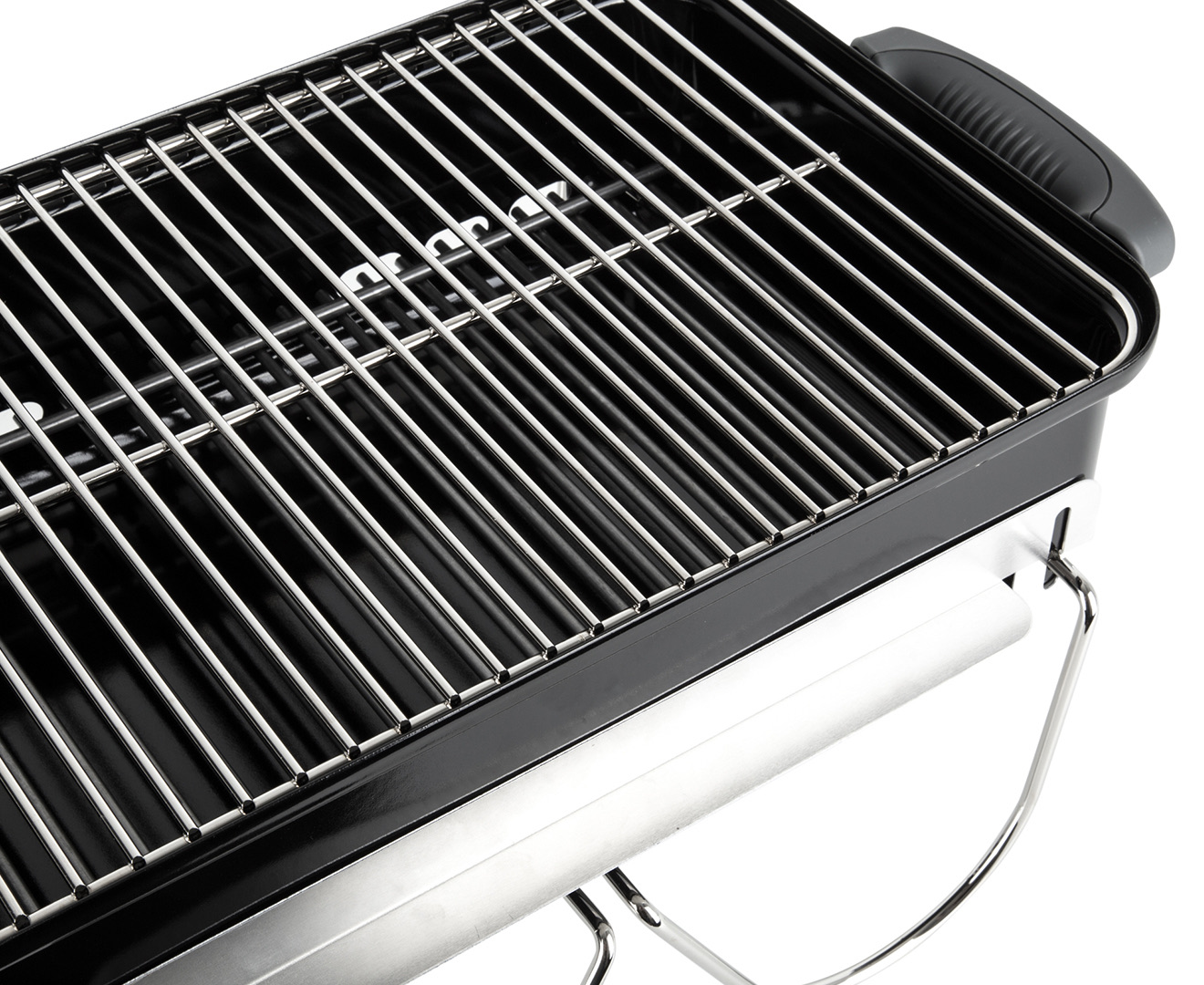

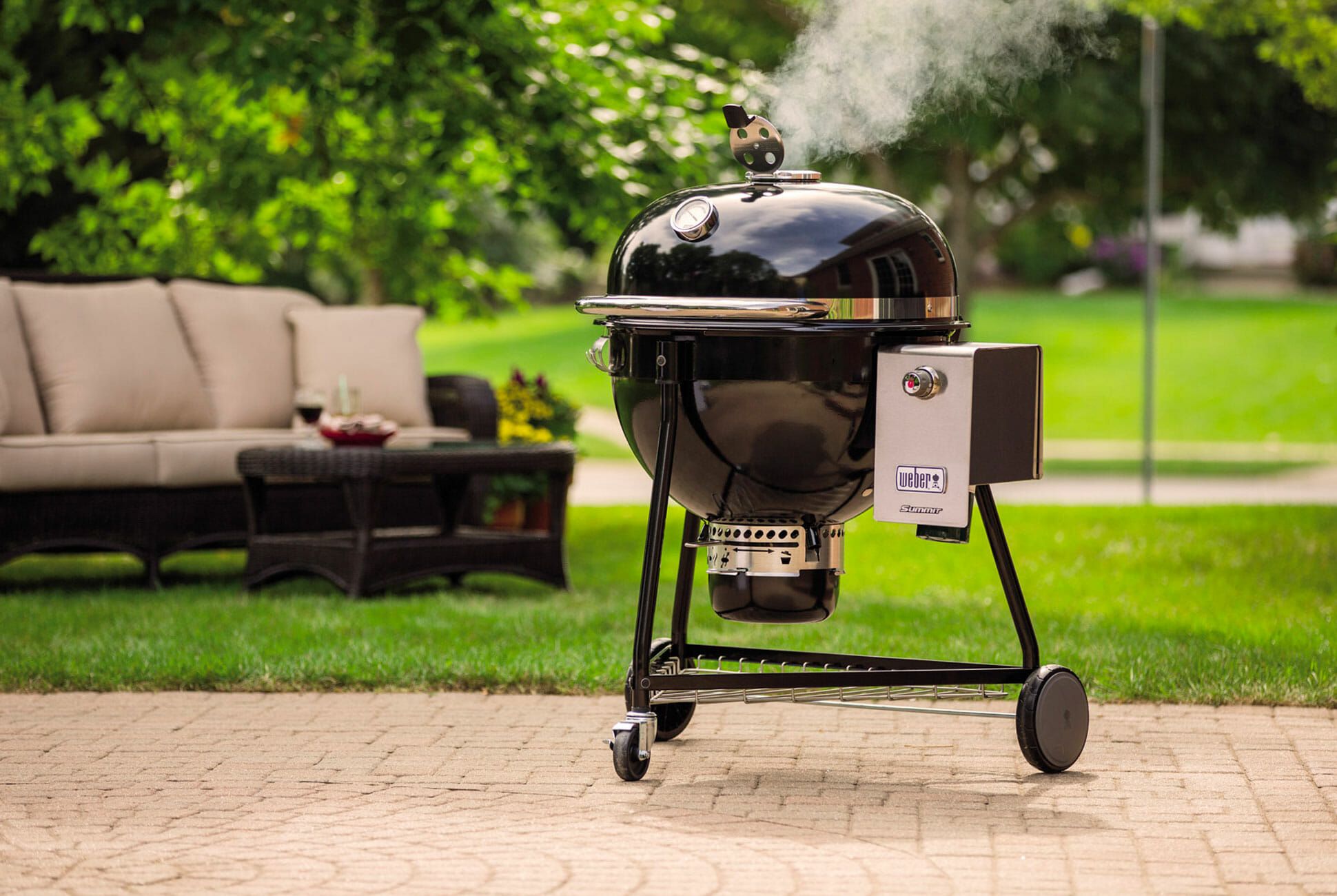
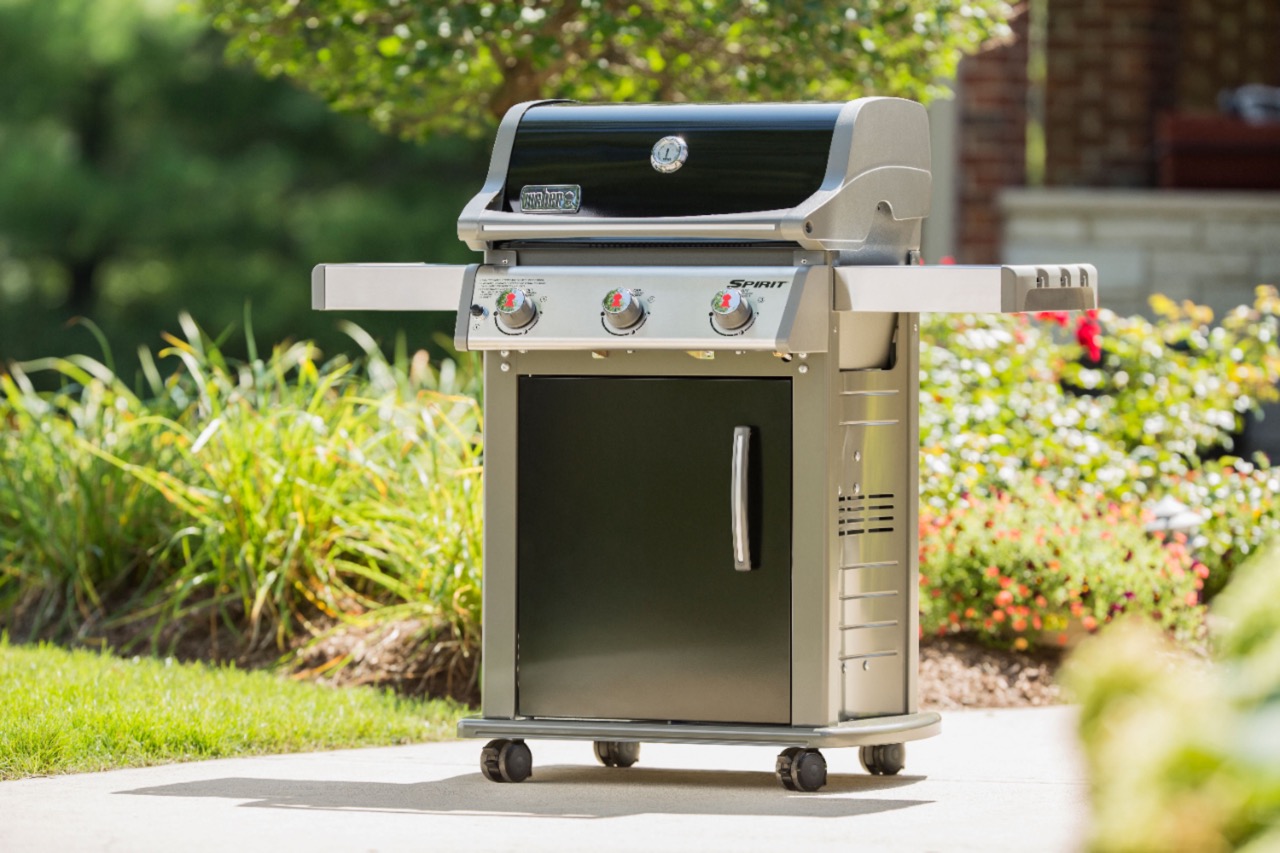
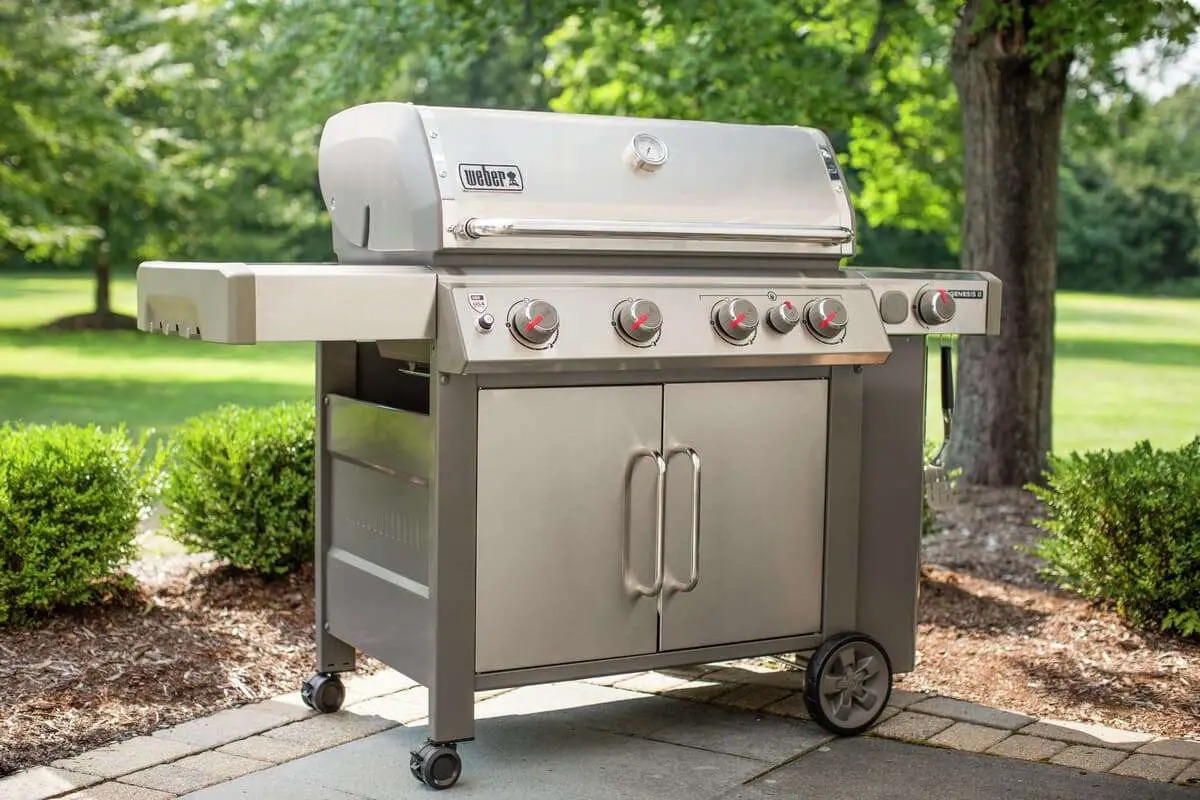
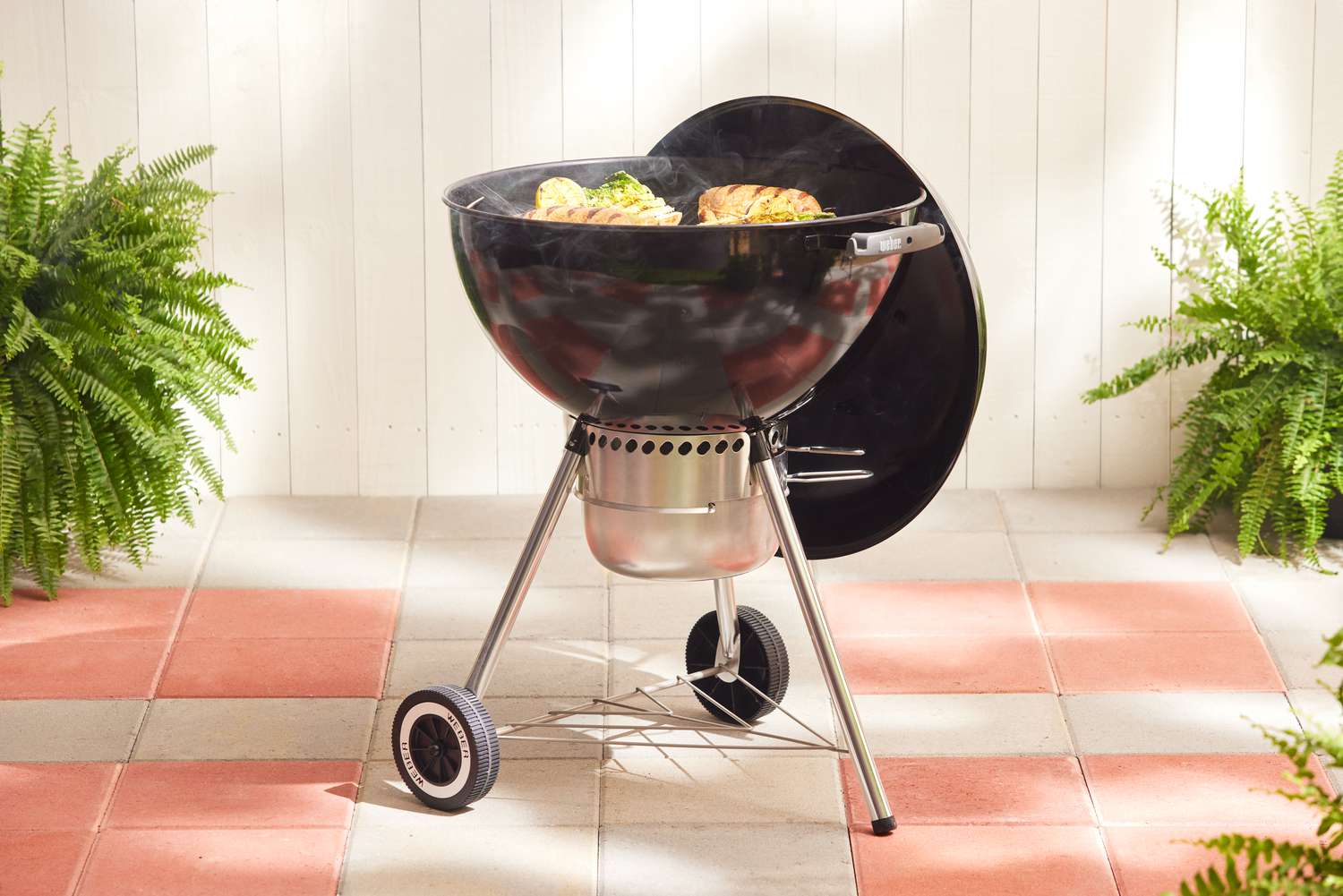
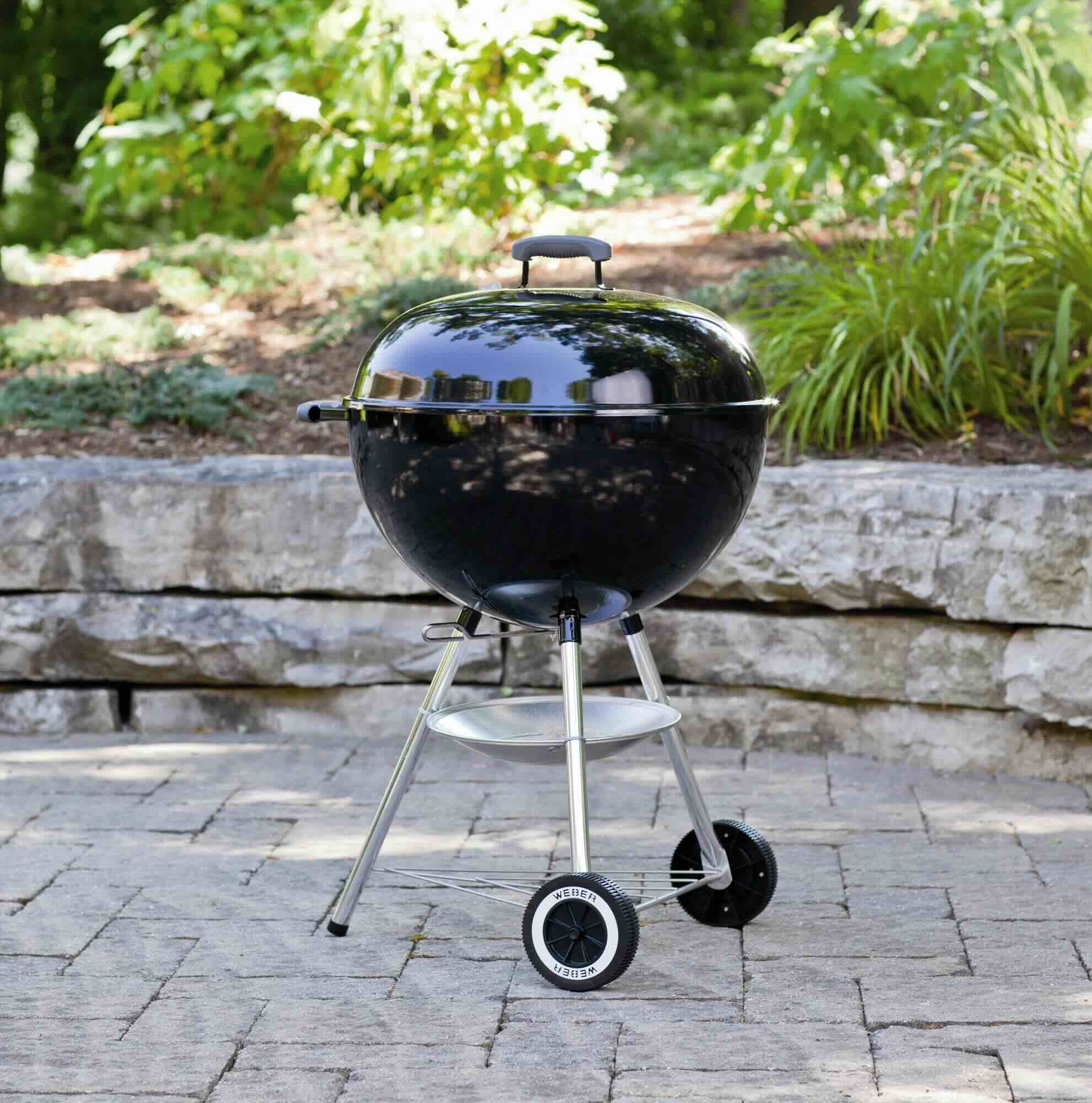


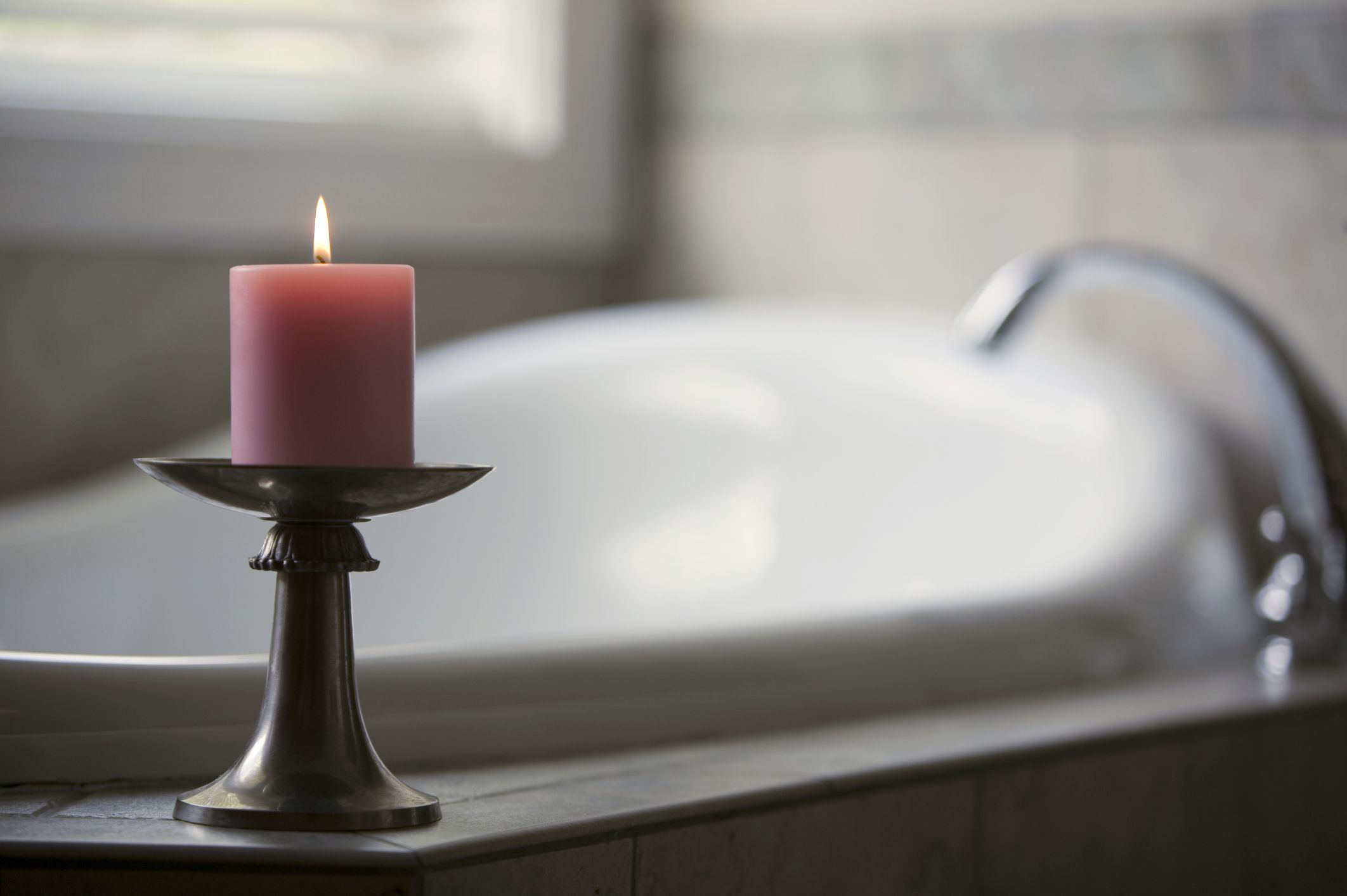
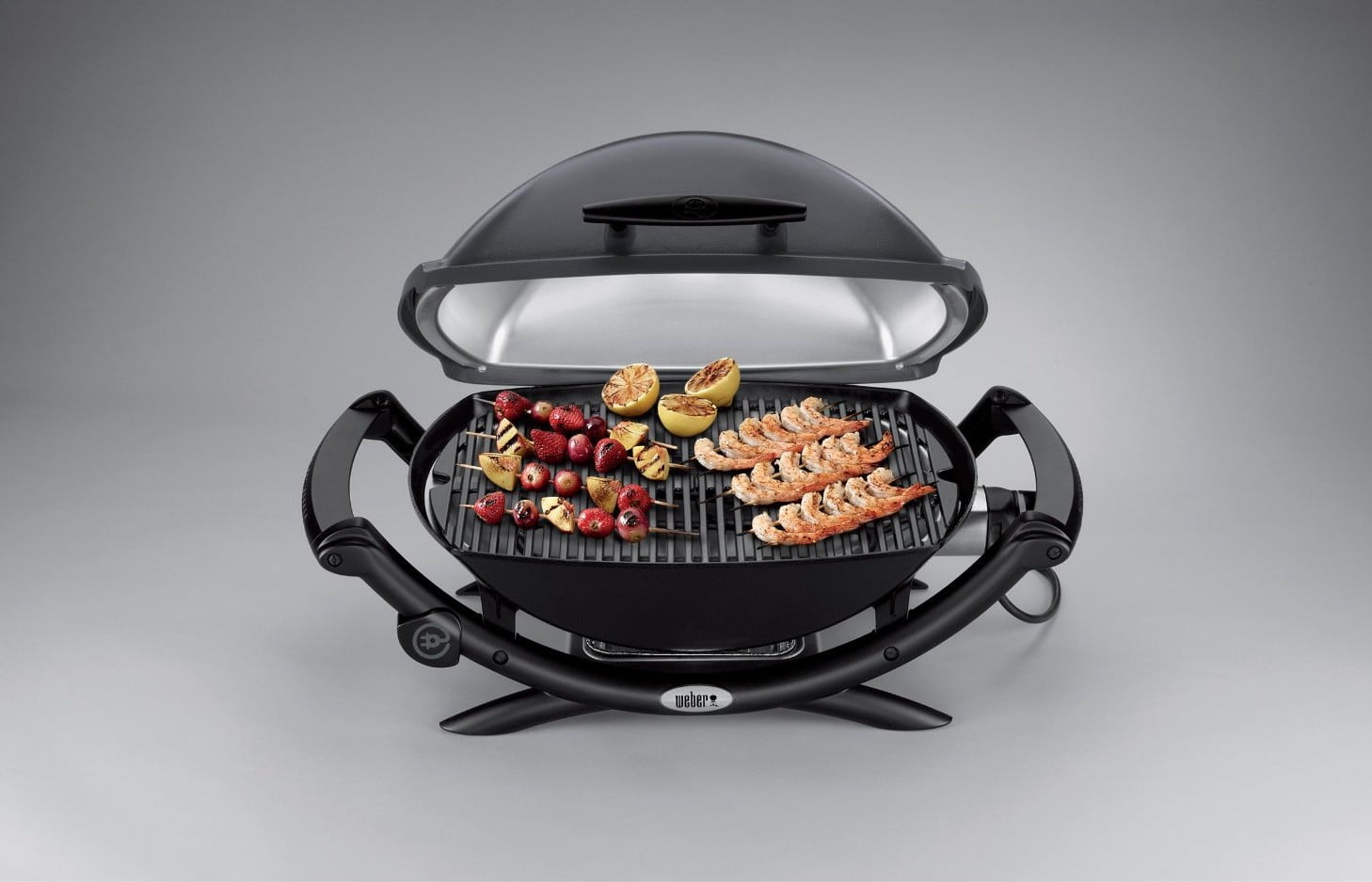
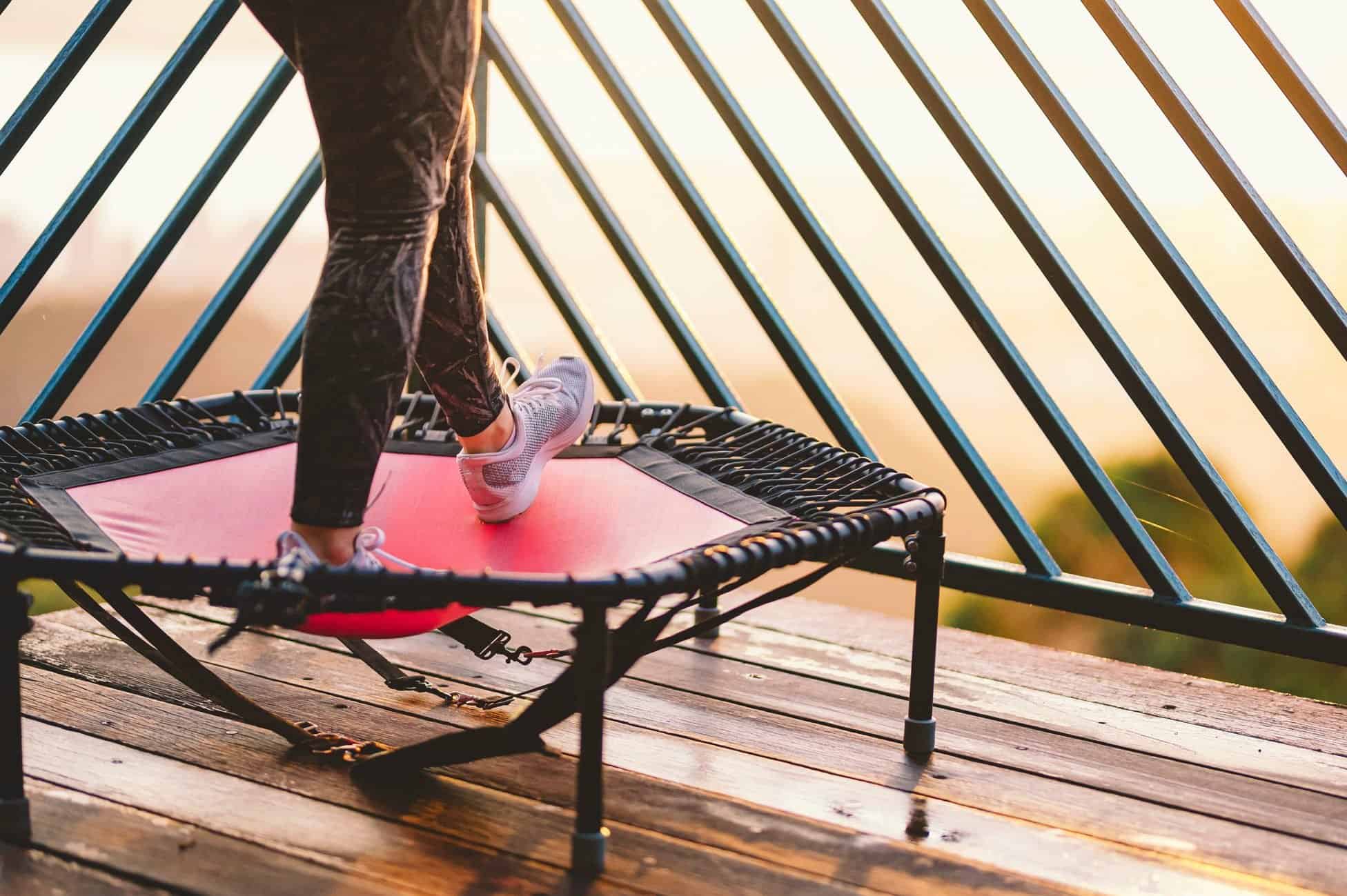
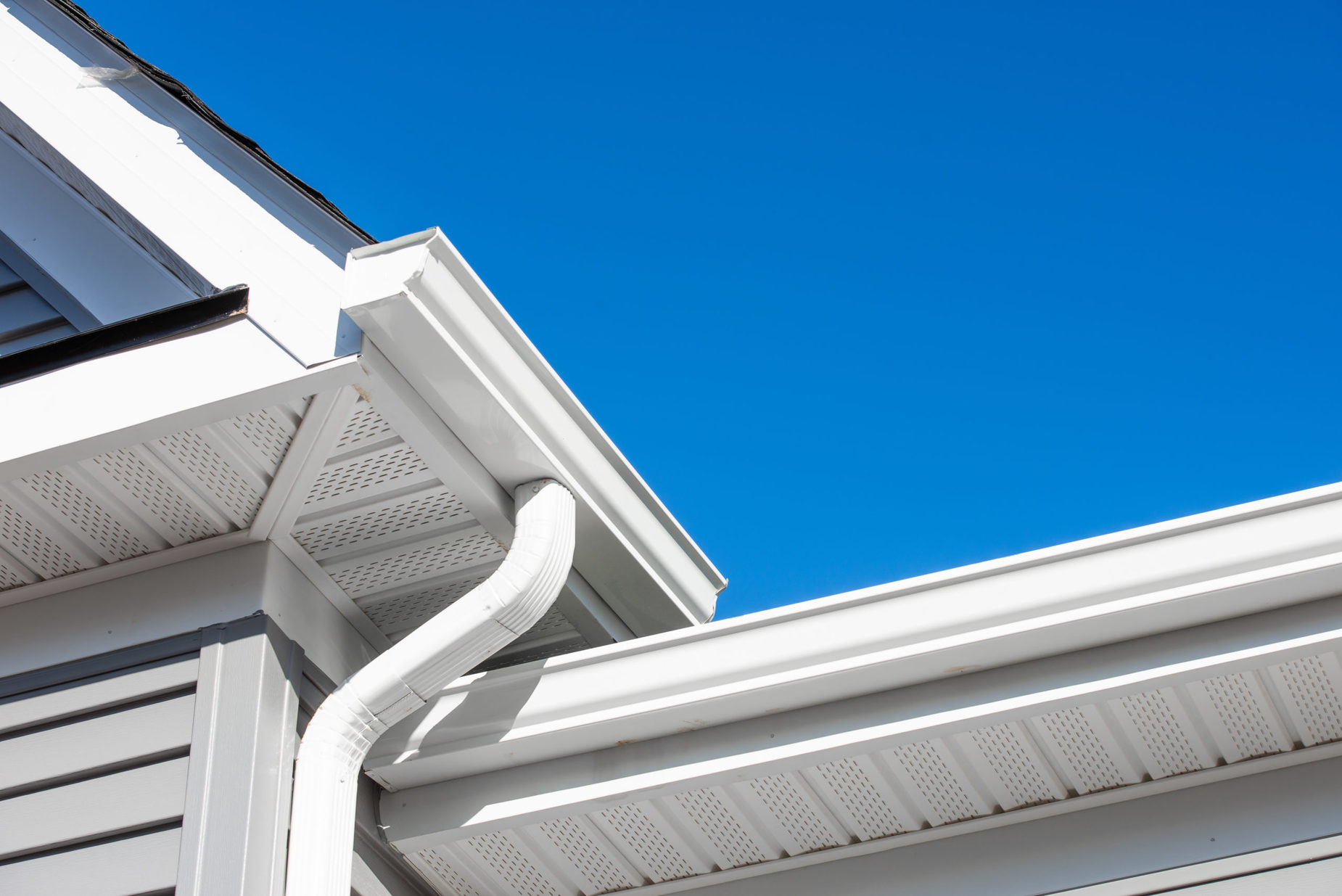
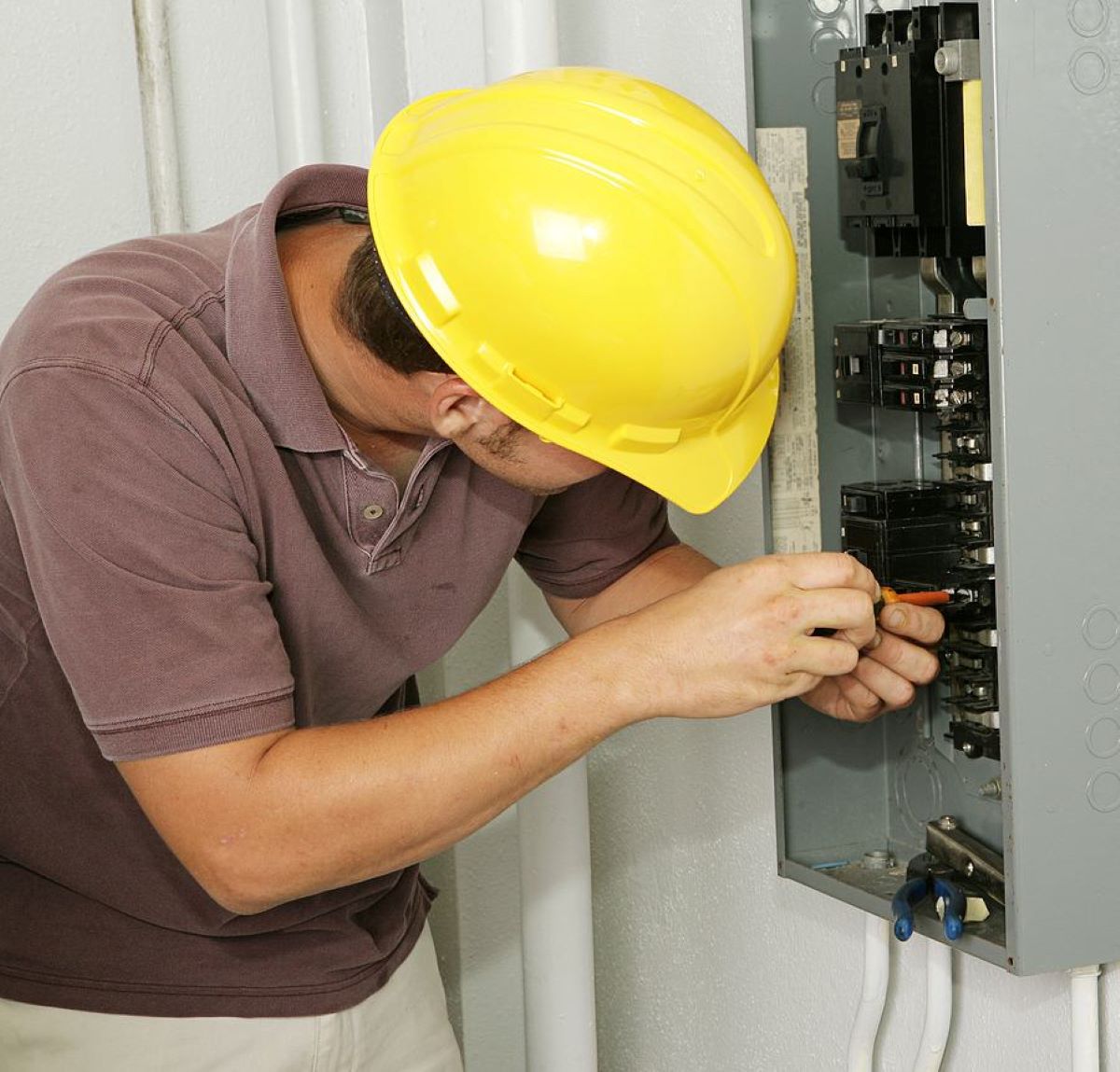

0 thoughts on “How Long Do Weber Grills Last”